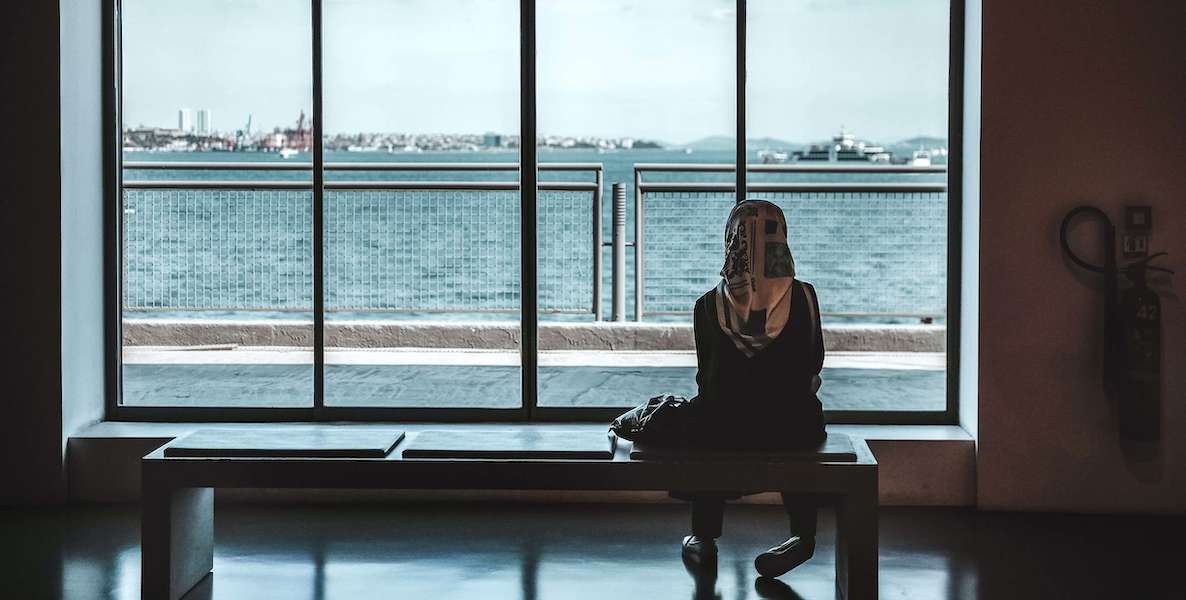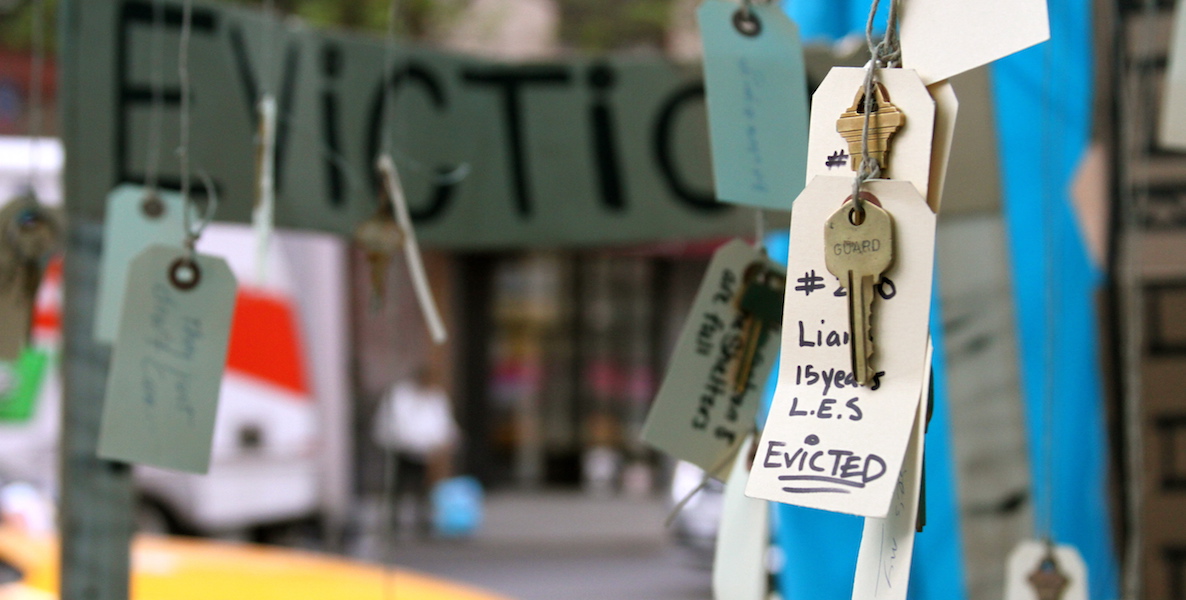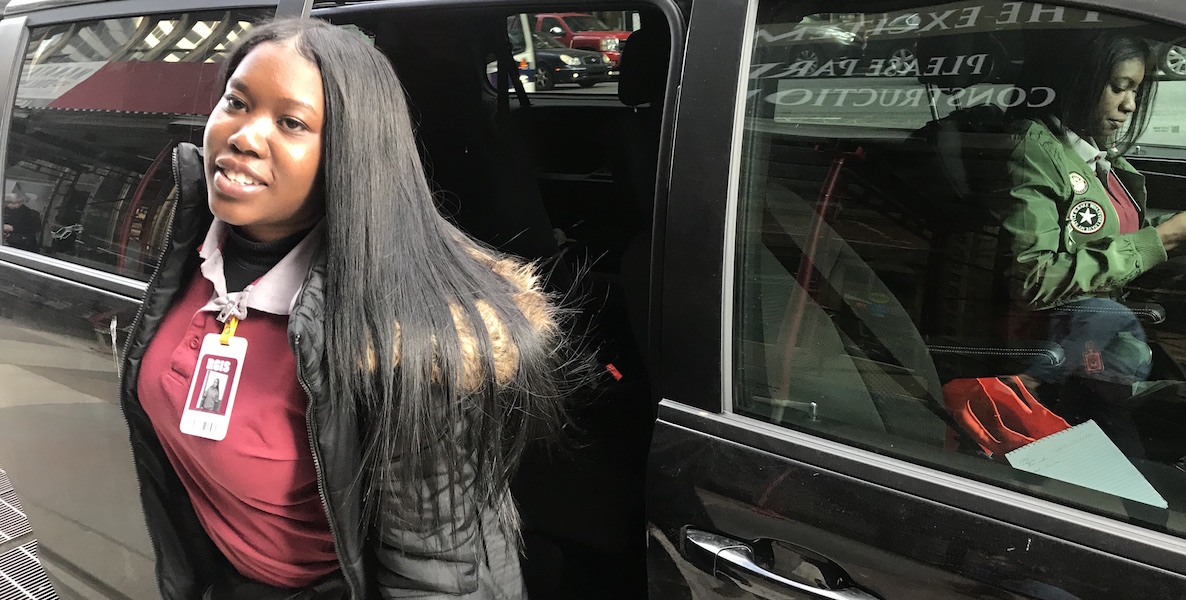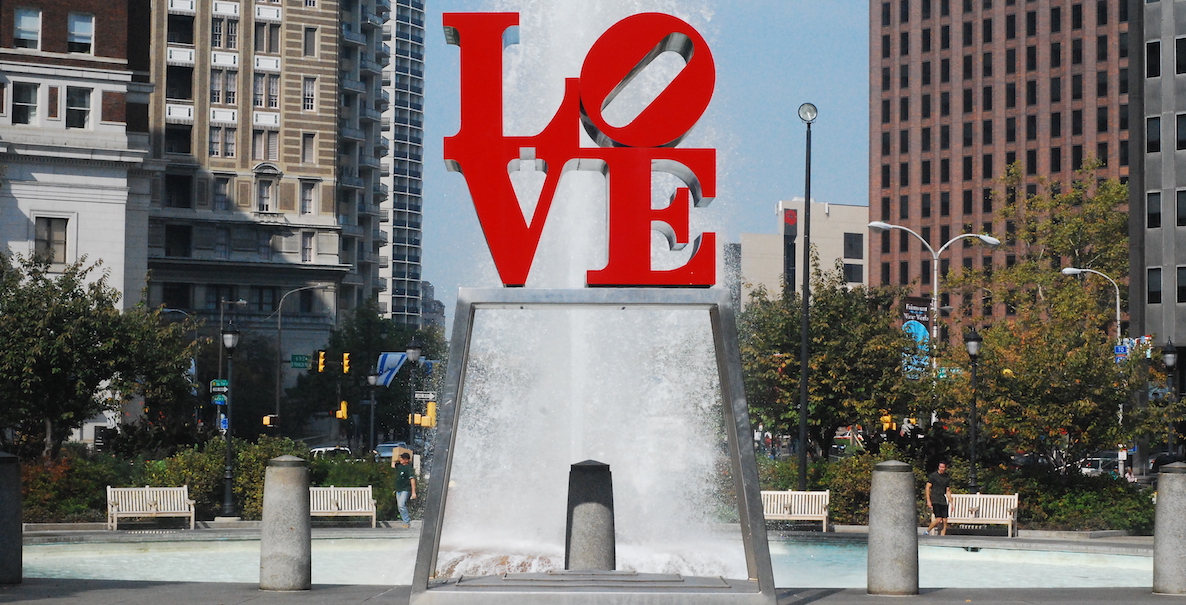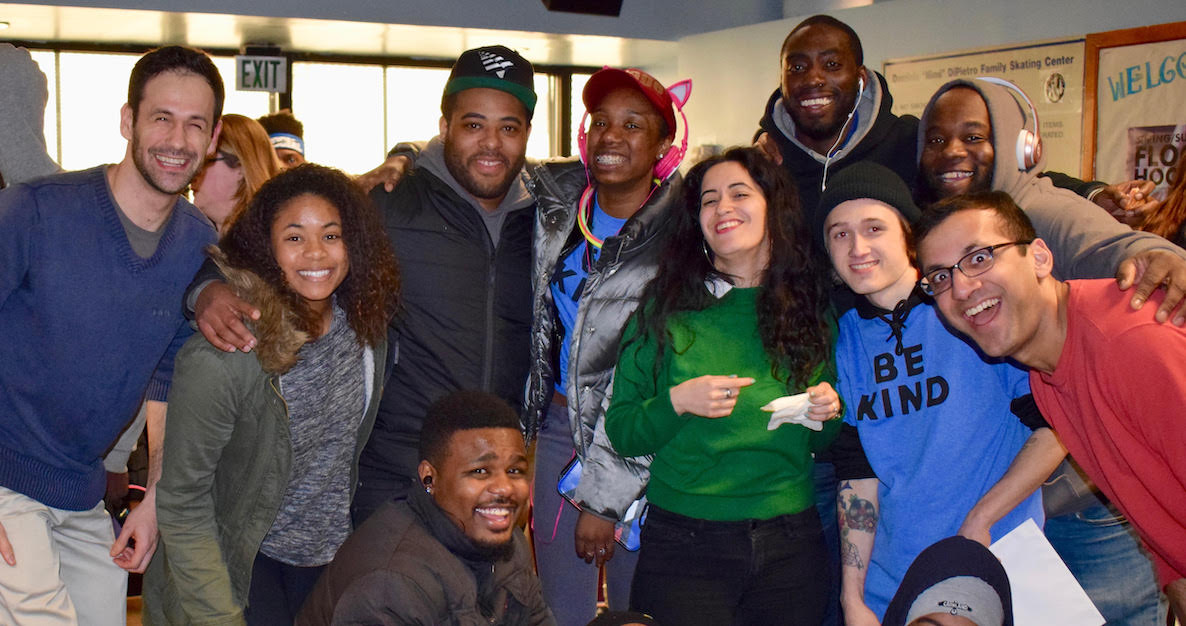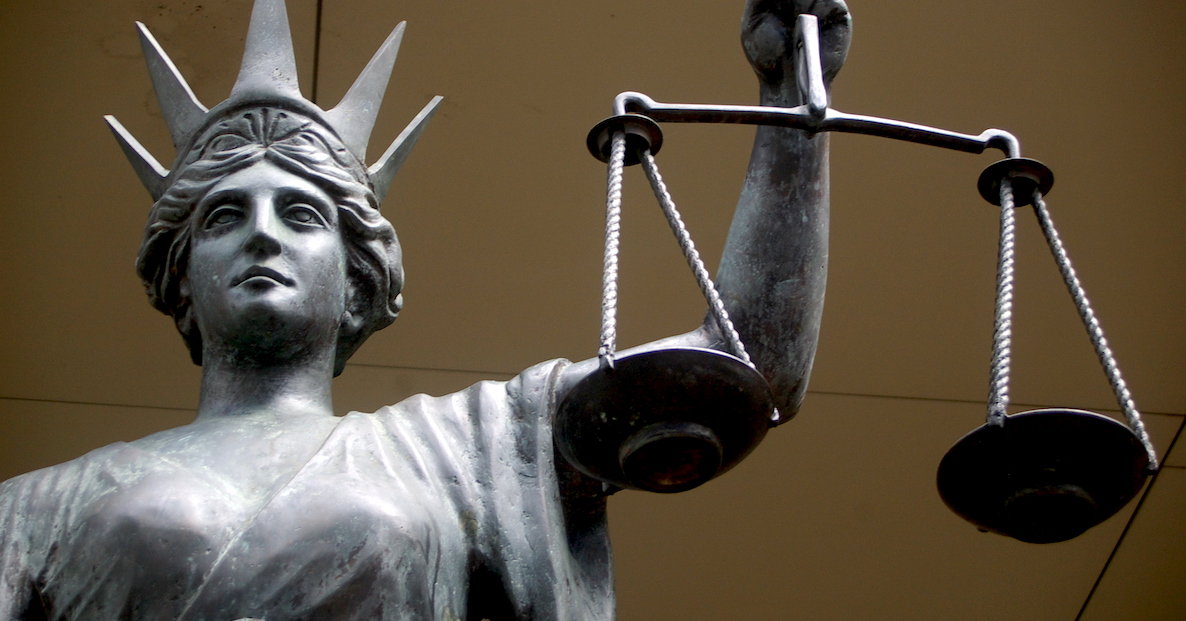A Philadelphia mother recently found herself unable to pay her mortgage, in part because her estranged husband had stopped paying child support. She was on the brink of foreclosure, with a sheriff’s sale of her home not far behind.
Desperate to save her home, the woman went to Philadelphia Legal Assistance, at 7th and Arch streets, which provides free civil legal services to low-income Philadelphians. PLA obtained court enforcement of spousal support and then referred her to another legal aid group, Community Legal Services, at Broad and Chestnut streets. There, she told her story again, to a different lawyer, who helped her apply successfully for a loan modification. Together, the help enabled the woman to stay in her home.
It was a happy ending to what is commonly a tragic situation for so many families in Philadelphia. But it was not easy: Every trip to a lawyer’s office means time away from work, dealing with childcare, paying for transportation, duplicating paperwork.
“If somebody comes to your door and you are not able to help them, you hand them the card of the person who you think can help them who is down the street, or across the city,” says Jessica Hilburn-Holmes, executive director of the Philadelphia Bar Foundation, which is leading the project. “The person might take that card and never go there and get that help.”
![]() That’s why a dozen different legal organizations have come together to form the Equal Justice Center at 8th & Vine streets, to provide “one-stop shopping” for low-income Philadelphians who need civil legal services on issues such as domestic violence, wrongful eviction and child support, all in one place.
That’s why a dozen different legal organizations have come together to form the Equal Justice Center at 8th & Vine streets, to provide “one-stop shopping” for low-income Philadelphians who need civil legal services on issues such as domestic violence, wrongful eviction and child support, all in one place.
The nine-story building is scheduled to start construction in October and to be open by January 2022. It will house legal aid groups including CLS and PLA; the American Civil Liberties Union of Pennsylvania; and the Pennsylvania Health Law Project. Together, the member agencies serve approximately 30,000 clients a year in their scattered sites around the city.
The project reflects a long-held recognition by the legal community that the coordination of legal-aid services would help meet an acute need in America’s poorest big city, where more than 25 percent of the population lives at or below the federal poverty line. Hillburn-Holmes says it is the first of its kind in the country.
Nationally, 86 percent of civil legal problems reported by low-income people received little or no help from lawyers, according to a 2017 report from the Legal Services Corporation, a nonprofit that works for equal access to the American justice system. The report said seven out of 10 low-income Americans experience legal problems such as domestic violence, access to veterans’ or disability benefits, but they seek professional help in only about 20 percent of cases, and many go to court without legal representation.
Seven out of 10 low-income Americans experience legal problems such as domestic violence, access to veterans’ or disability benefits, but they seek professional help in only about 20 percent of cases, and many go to court without legal representation.
That’s mirrored In Philadelphia, where four-fifths of low-income people who need a lawyer for civil disputes don’t have one, according to CLS, because they can’t afford a lawyer or are not familiar with how the legal system works.For low-income Philadelphians who are faced with eviction, for example, legal representation could allow them to stay in their homes or negotiate rent arrears with their landlords, according to a report from the Bar Association last year.
Preventing eviction can also save the City tens of millions of dollars in emergency![]() housing, medical and court costs for people who don’t have lawyers, the report said. City Council is now considering a bill that would guarantee legal representation to any renter facing eviction whose income is less than 20 percent of the federal poverty level.
housing, medical and court costs for people who don’t have lawyers, the report said. City Council is now considering a bill that would guarantee legal representation to any renter facing eviction whose income is less than 20 percent of the federal poverty level.
Proposals to co-locate the city’s legal aid providers have been around since the 1970s, says Hilburn-Holmes, but failed to gain traction partly because individual organizations felt they would lose their brand by amalgamating with others. But for the EJC tenants, that concern has now receded because they recognize that they will be part of a group that has complementary skills.
PLA’s executive director Anita Santos-Singh says both her group and CLS signed on because they have recognized for a while that running often complementary legal services in different locations was not the best way of serving their clients. “As sister organizations, we have had as one of our strategic goals to co-locate,” Santos-Singh said. “The Equal Justice Center represents an opportunity for us to achieve that goal.”
At the EJC, being grouped in one building will also reduce members’ costs through shared infrastructure, group purchasing, and common back-office operations, providing savings that can be used to better serve their clients. Their rent will be fixed for 30 years at $15 a square foot, about half the commercial rate for Center City office space.
![]() The overall budget is $99 million, of which $65 million will pay for construction. There will be additional costs for technology and to furnish the new office spaces at no cost to the tenants.
The overall budget is $99 million, of which $65 million will pay for construction. There will be additional costs for technology and to furnish the new office spaces at no cost to the tenants.
Funding is coming from a variety of sources including the federal New Markets Tax Credit program which offers tax credits to investors in low-income areas; from Pennsylvania’s Redevelopment Assistance Capital Program for the acquisition and construction of improvement projects, and from philanthropic efforts. A capital campaign launched in 2018 aims to raise $50 million over five years.
“At a single agency, as much as they try, they only do the law they do,” says Hilburn-Holmes. “But if people are coming into this building and see all these multiple problems, they can say, ‘We can help you with all of these things.’”
Photo by Rae Allen via Flickr





